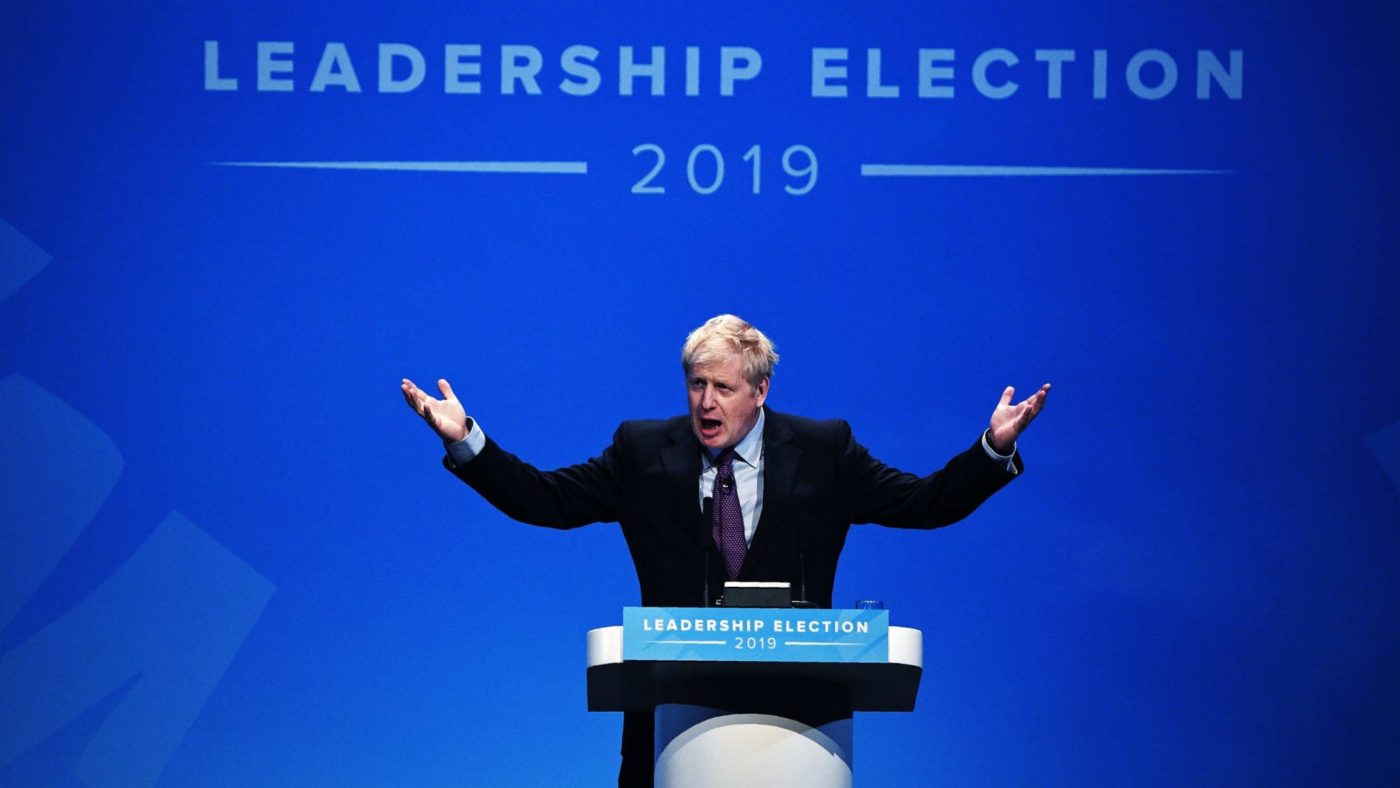When Donald Trump first entered the White House, we in Number 10 received a degree of flak for not being higher on his call sheet.
Column inches about the state of the “special relationship” grew and the narrative of “snub” took hold, only to increase when it seemed that Trump considered it a more important task to speak first to the Taiwanese leader (a diplomatic “no-no” for the Chinese) before Theresa May.
When the call eventually came it was followed by panic that the content had immediately leaked; in the event, it was simply a journalist tweeting an unerringly accurate impression of Trump’s language and style, rather than a breach.
In the Tory leadership race thus far, a lot of emphasis has been placed on that first day in Downing Street and what to do on Brexit. A Prime Minister projecting a sense of “action this day” may want to call Merkel, Macron or Tusk first, lay out their plan to them and issue a chest-beating readout before slumping on the sofa wondering whether it was all worth it.
What seems to be less thought through, at least publicly, is which world leader receives the second call. In other words, and outside of Brexit, what do our potential Prime Ministers identify as the key foreign policy issues for Britain?
It is remarkable that in a race between the current and former Foreign Secretaries it is Matt Hancock, the Health Secretary, who has said made the most substantial comments on his view of the world and the crumbling international order.
But on entering office, the next Prime Minister will have an in-tray full of requests from world-leaders for calls of congratulations. Who they decide to prioritise and what issues they choose to raise in those conversations will be the start of charting a course for Britain’s role in the world post-Brexit.
Boris Johnson has been questioned about Iran in the context of his almost-unforgivable gaffe over Nazanin Zaghari-Radcliffe. What, though, would Prime Minister Johnson urge Donald Trump to do on Iran? Would Mr Johnson see the Iran deal as essentially dead and throw in his lot with his blonde counterpart? Would Jeremy Hunt, seen as more traditionally diplomatic, attempt to balance those
two competing forces by holding the JCPOA together and urging US restraint?
When either of these two men head to their first G20 as PM in Riyadh, Saudi Arabia next year, are they going to greet Saudi’s autocrat-in-waiting Mohammed bin Salman with a smile and a laugh or with the frostiness with which May greeted Putin in Japan? Would Prime Minister Johnson, an advocate of modernisation in Saudi, try to harness the relationship with MbS for strategic and potentially economic gain? Or would the “forever-war” in Yemen and the disgusting murder of journalist Jamal Khashoggi weigh so heavily on the conscience of the next PM that deepening relations with MbS is deemed too hypocritical?
Moreover, for the first time in a generation, these types of foreign policy decisions have clear domestic political impact given the views of that third Prime Ministerial candidate, Jeremy Corbyn. It’s often said that questions of foreign policy do not translate into votes – I suspect that has been because the worldview of both party leaders has been relatively similar for so long.
Not any longer. Were he ever to enter Number 10, Corbyn – cheered on by many of Labour’s emboldened, anti-America, anti-Israel supporters – would shift this country’s allegiances and direction almost overnight in a way that a Conservative leader would fundamentally oppose.
That is why the candidates need to outline their own vision of Britain’s role in the world in the relative safety of a Tory leadership race before it is honed by events and then really put to the test in a general election.
Whether from politicians in Britain or overseas, challenges to the Western-centric international order are increasing. Britain has an opportunity through Brexit to use new-found trade freedom as a vehicle for changing global relationships.
In 2014, that master of statecraft Henry Kissinger wrote that Europe “finds itself suspended between a past it seeks to overcome and a future it has not yet defined”. At such a critical moment for Europe and for Britain, we should be asking the next Prime Minister for their definitions.
CapX depends on the generosity of its readers. If you value what we do, please consider making a donation.


